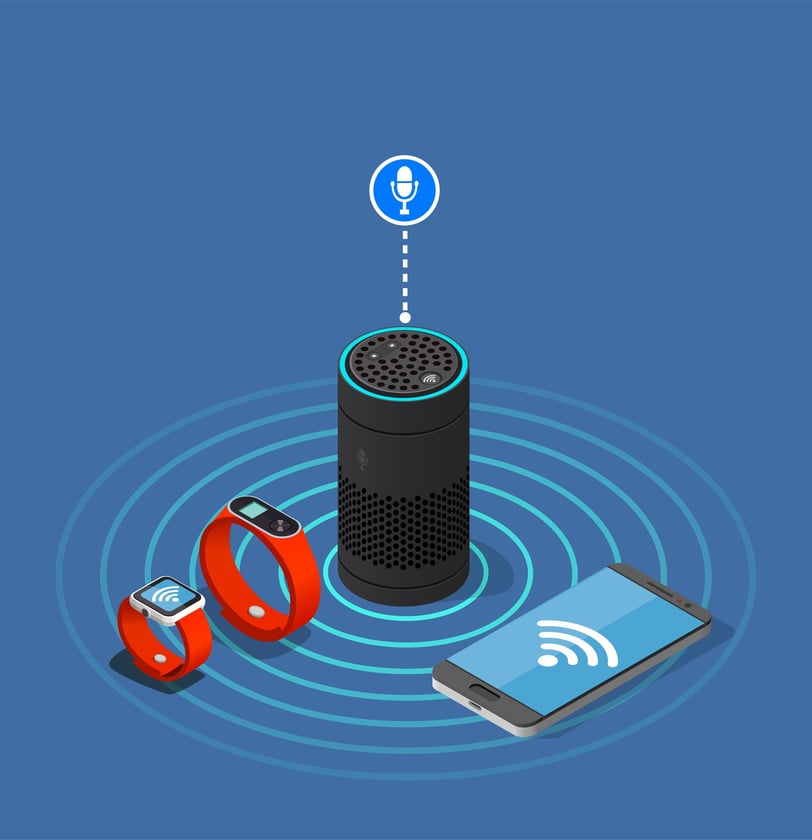How AI is Improving Personal Assistants Like Siri and Alexa
AI is transforming personal assistants like Siri and Alexa, making them smarter, more intuitive, and better at understanding human interactions. Discover the latest advancements and what’s next. Voice-activated personal assistants like Siri and Alexa have become a staple in modern households. With advancements in Artificial Intelligence (AI) and Natural Language Processing (NLP), these digital assistants are evolving beyond basic commands to offer a more seamless, human-like experience. Let’s take a closer look at how AI is improving personal assistants and shaping the future of voice technology.
AI TECHNOLOGIES


More Natural Conversations
AI-powered assistants are now better at understanding human speech, including slang, accents, and conversational nuances. Thanks to NLP advancements, Siri and Alexa can recognize context, intent, and even emotions, making interactions feel less robotic and more fluid.
Smarter Personalization
The more you interact with your voice assistant, the better it gets at predicting your needs. AI enables Siri and Alexa to learn from your habits, preferences, and routines, offering tailored suggestions like your favorite music playlists, daily reminders, or even smart home automation based on your schedule.
Improved Voice Recognition
Gone are the days of assistants struggling to distinguish voices. AI has enhanced speech recognition, allowing Siri and Alexa to differentiate between users in the same household. This means personalized responses based on who is speaking—whether it’s setting individual reminders or playing music based on personal preferences.
Enhanced Context Awareness
AI-driven improvements have made assistants more intuitive when handling follow-up questions. Users no longer need to repeat themselves—Siri and Alexa can remember context from previous interactions, making conversations feel more natural and efficient.
Deeper Smart Home Integration
Voice assistants are becoming the central hub for smart homes. With AI advancements, they can now control an increasing number of IoT devices, automate home routines, and interact with third-party apps to create a truly connected living space.
Stronger Security and Privacy Controls
As AI evolves, so do privacy protections. Apple and Amazon have integrated on-device processing and stricter privacy settings, ensuring user data remains secure while still improving AI capabilities. Users can now control how much data is shared and even delete voice recordings for added peace of mind.
Breaking Language Barriers
AI-powered assistants are becoming more multilingual, improving real-time translations and understanding regional dialects. This advancement makes voice assistants more accessible to users across different cultures and languages, helping bridge communication gaps worldwide.
Looking Ahead
The future of personal assistants is bright, with AI paving the way for more seamless, predictive, and intelligent interactions. From proactive automation to emotional intelligence, Siri and Alexa are becoming more than just assistants—they’re evolving into true digital companions.
